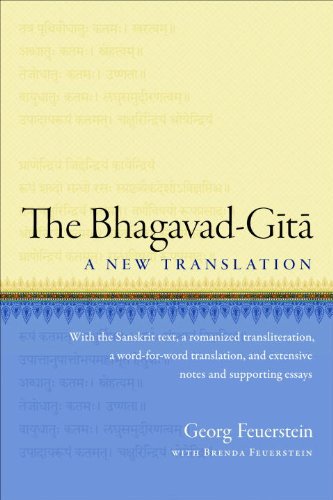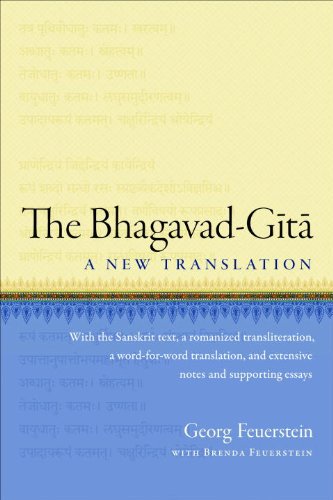内容説明
The Bhagavad-Gita, the "Song of God," is not only one of the most revered texts of Hinduism, but of world literature and spirituality in general. Its 700 verses make up a small part of the great Sanskrit epic
Mahabharata, of which it can be said to be the heart. It consists of a dialogue between the warrior Arjuna and Krishna, avatar (incarnation) of the god Vishnu, about action and nonaction, knowledge and love. The Gita is revered as a concise expression of Hindu philosophy, as a work of profound poetry, and as a guide to enlightened living. It is one of the most often translated of spiritual texts, and, as is the case with other texts of its stature, new translations tend to enhance rather than exhaust our understanding of it, revealing new facets of its wisdom with each iteration.
This fresh translation stands out from the many others first of all in its careful faithfulness to the original language, but also for the extensive tools for understanding it provides. It is accompanied by detailed explanatory notes, as well as by the entire Sanskrit text on facing pages?both in the original Devanagri alphabet and in a romanized version that allows the reader to approximate the sounds of this work that began with oral recitation (a pronunciation guide is also provided). Also included is a literal, word-for-word translation for comparison; extensive material on the background, symbolism, and influence of the Gita; and an exhaustive glossary of terms. It's like a course on the Bhagavad-Gita in a book.

